
Azycin 500mg Tablet
Manufacturer
Surya Pharmaceutical Ltd
Salt Composition
Azithromycin (500mg)
Key Information
Short Description
Azycin 500mg Tablet is an antibiotic used to treat various types of bacterial infections of the respiratory tract, ear, nose, throat, lungs, skin, and eye in adults and children.
Dosage Form
Tablet
Introduction
Azycin 500mg Tablet is an antibiotic used to treat various types of bacterial infections of the respiratory tract, ear, nose, throat, lungs, skin, and eye in adults and children. It is also effective in typhoid fever and some sexually transmitted diseases like gonorrhea.
Directions for Use
Take this medicine in the dose and duration as advised by your doctor. Swallow it as a whole. Do not chew, crush or break it. Azycin 500mg Tablet may be taken with or without food but it is better to take it at a fixed time.
How it works
Azycin 500mg Tablet is an antibiotic. It works by preventing synthesis of essential proteins required by bacteria to carry out vital functions. Thus, it stops the bacteria from growing and prevents the infection from spreading.
Quick Tips
Do not skip any doses and finish the full course of treatment even if you feel better. Stopping it early may make the infection to come back and harder to treat. Take it 1 hour before or two hours after food. Do not take antacids 2 hours before or after taking Azycin 500mg Tablet. Diarrhea may occur as a side effect but should stop when your course is complete. Inform your doctor if it doesn't stop or if you find blood in your stools. Stop taking Azycin 500mg Tablet and inform your doctor immediately if you develop an itchy rash, swelling of the face, throat or tongue or breathing difficulties while taking it.
Related Medicines
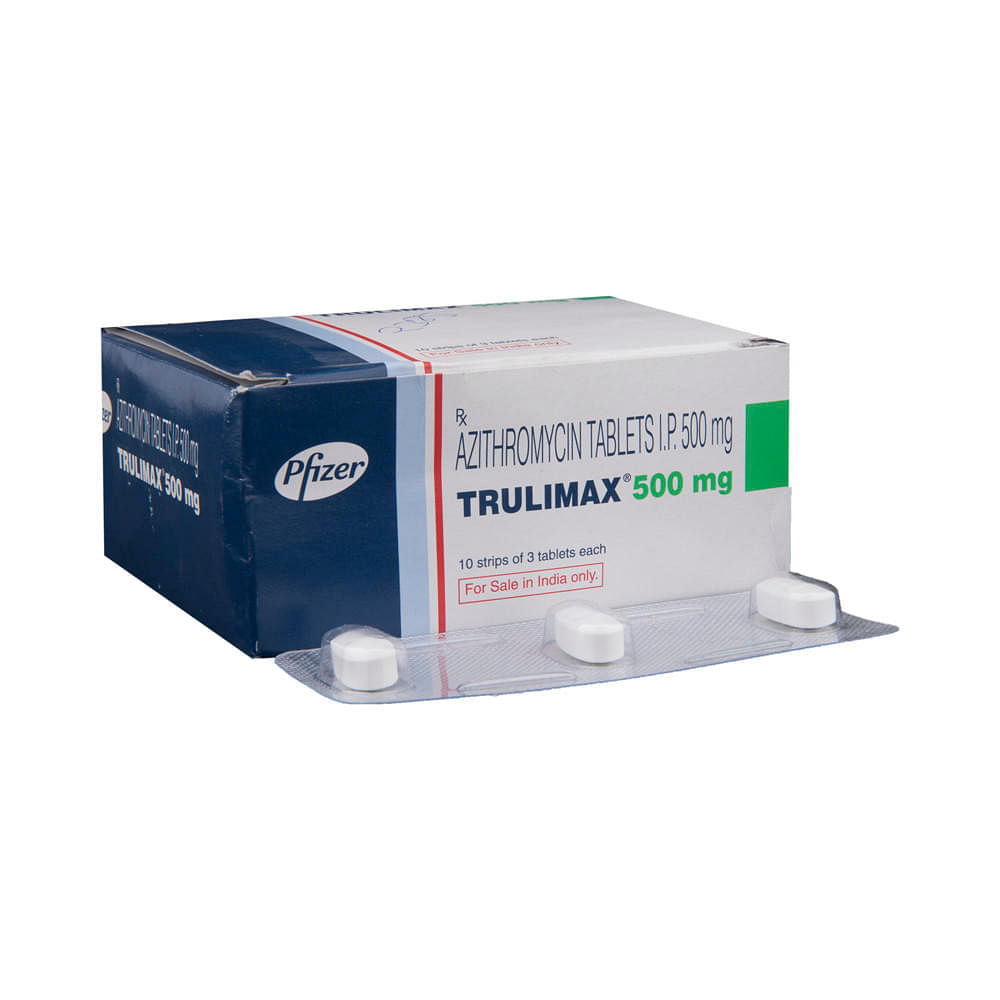
Trulimax 500mg Tablet
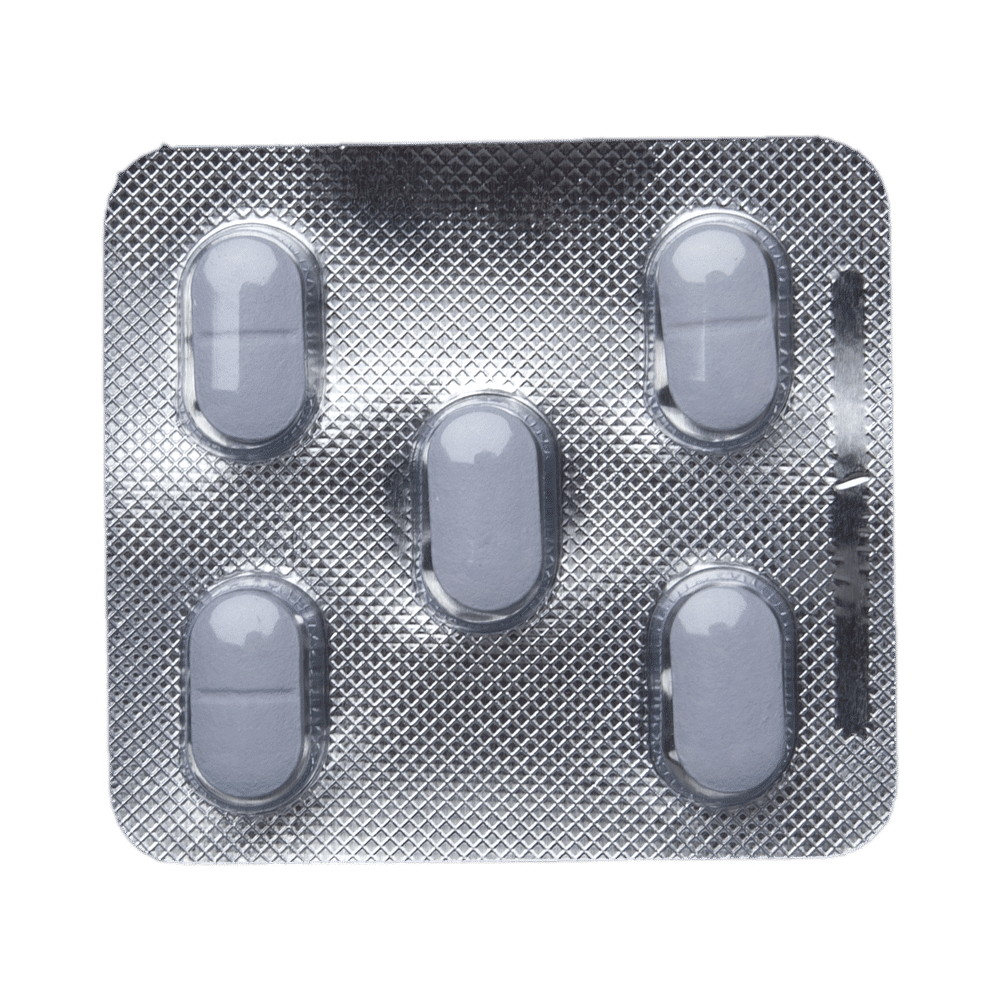
Zady-500 Tablet
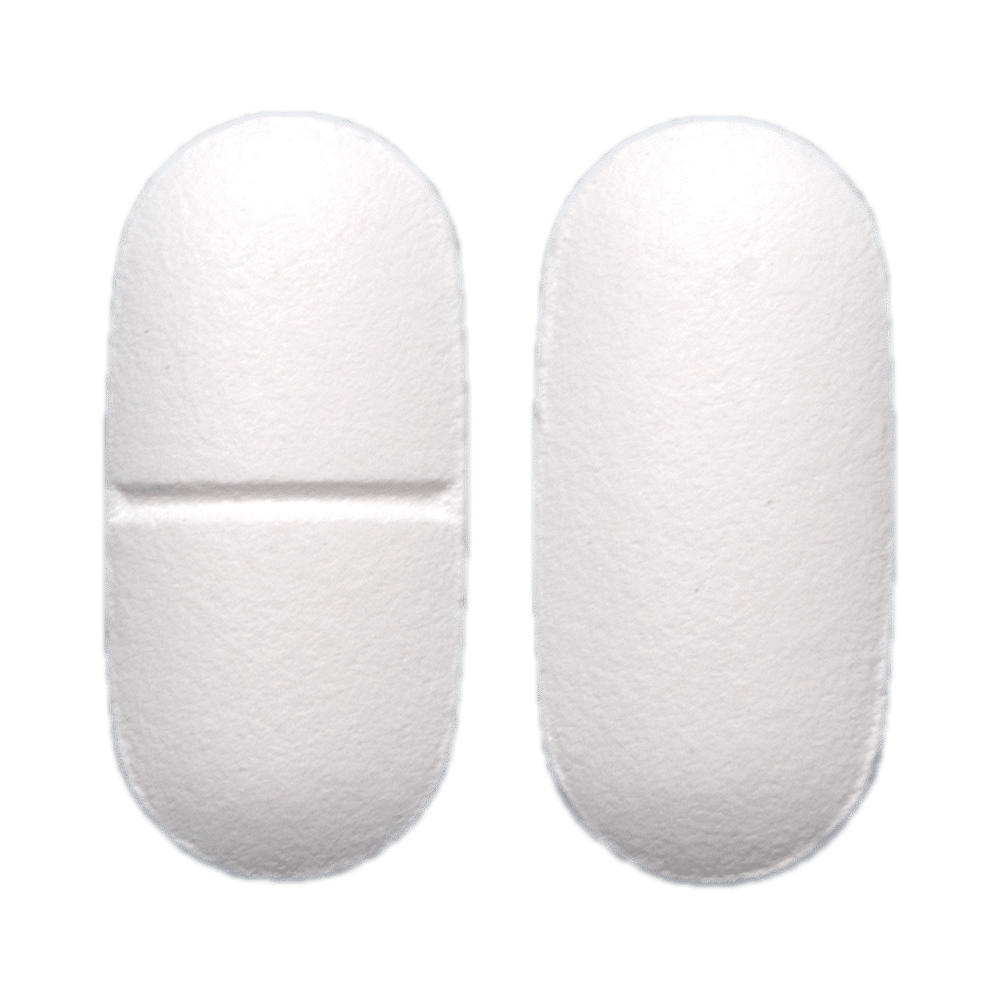
Azimax 500 Tablet

Azotic 500mg Tablet
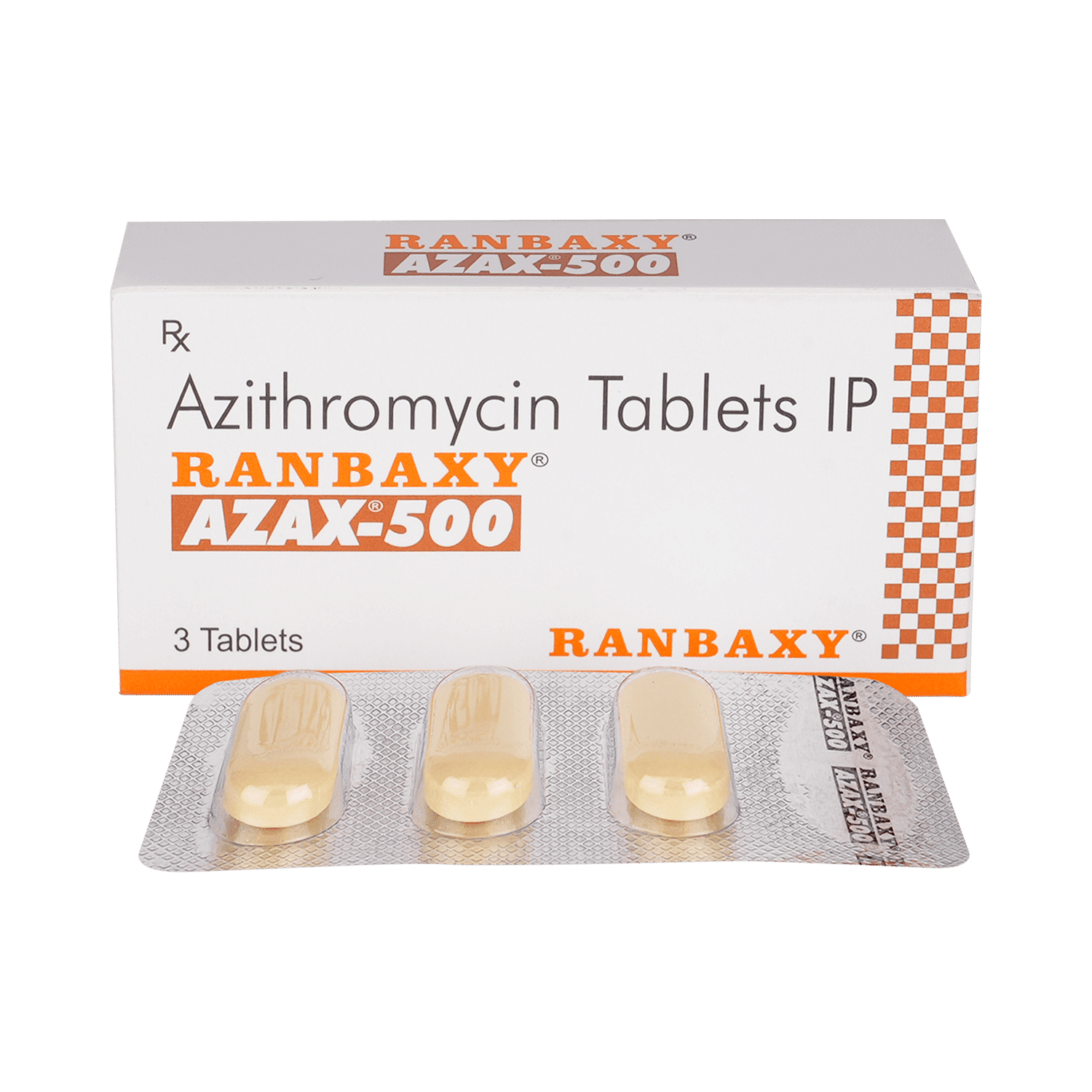
Azax 500 Tablet
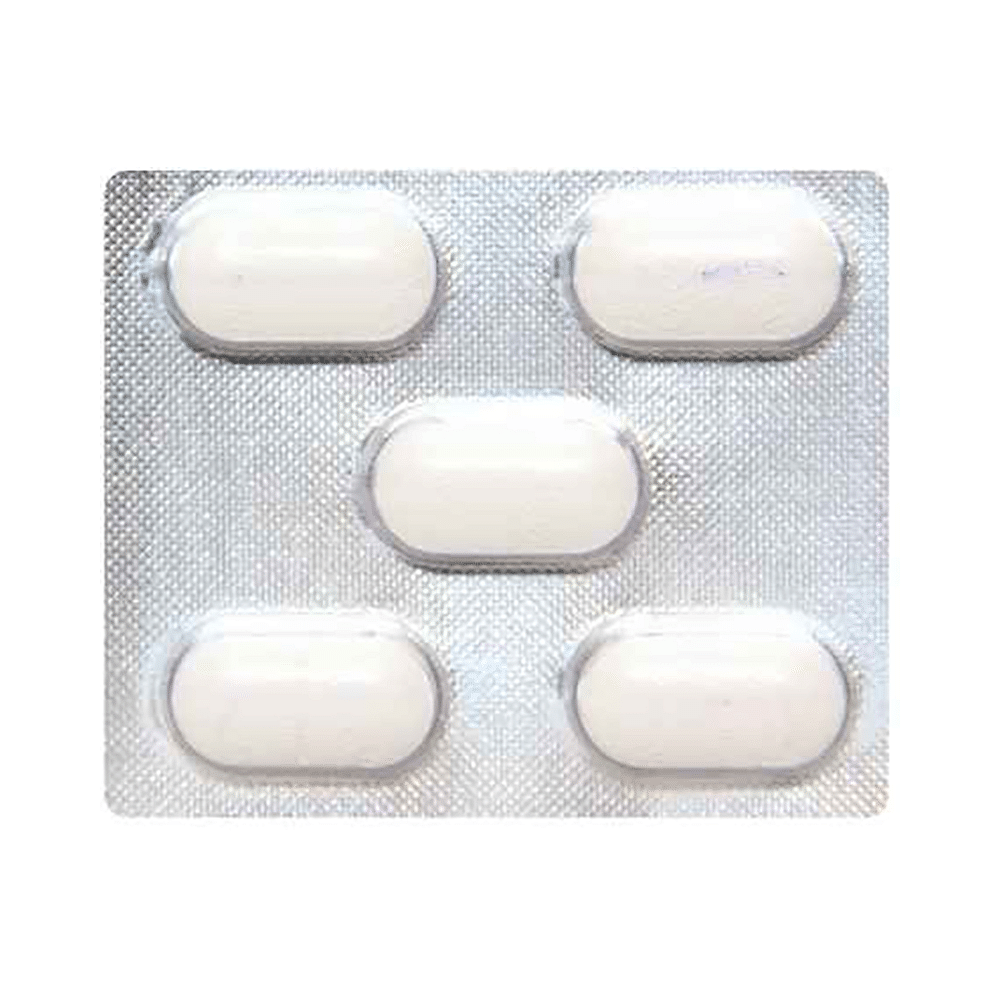
ATM 500 Tablet
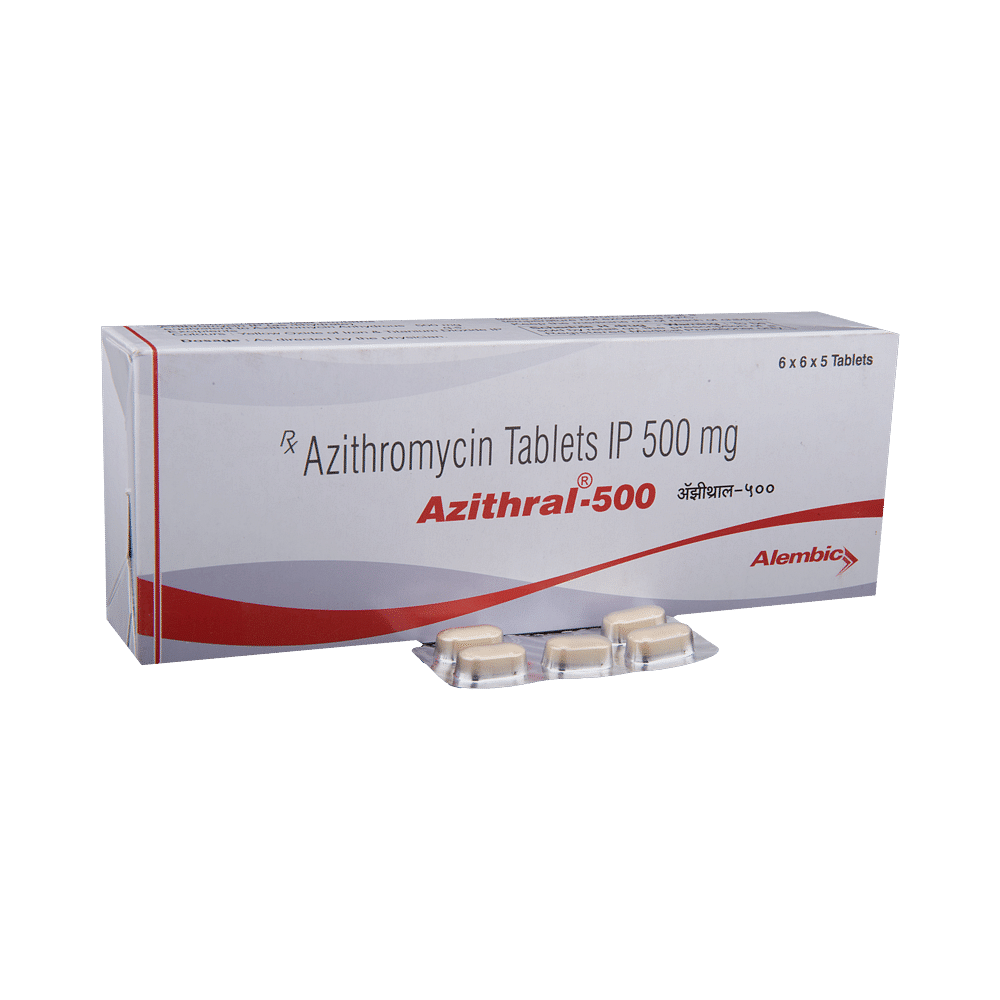
Azithral-500 Tablet
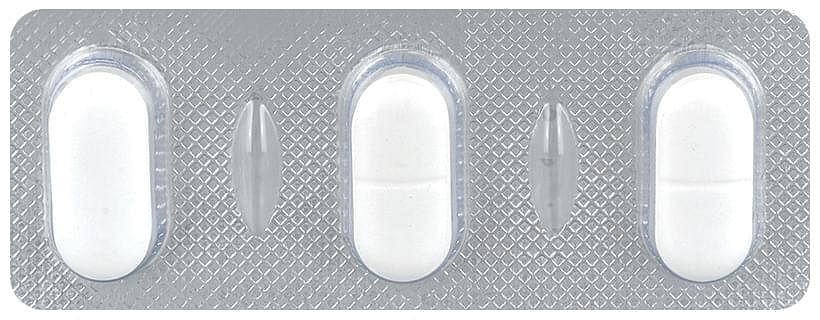
Azicip 500 Tablet
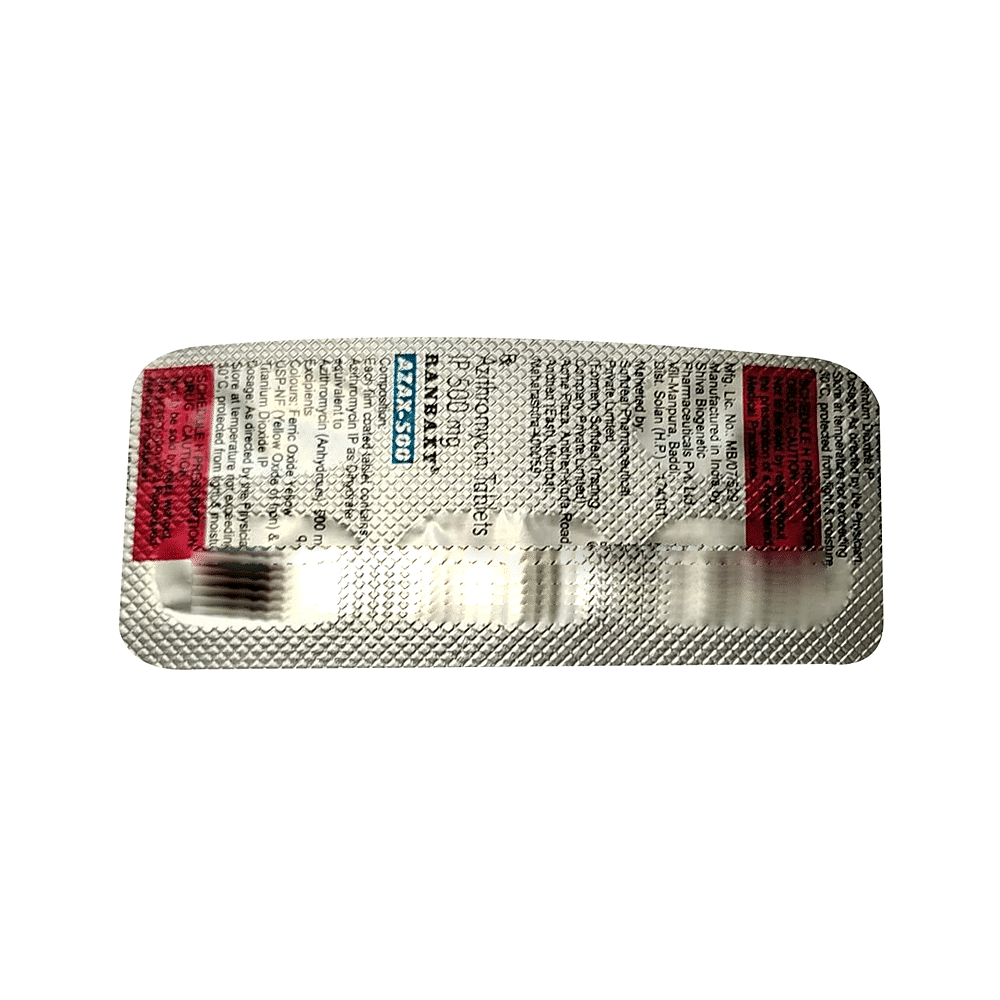
Azax 500 Tablet

Zithrox 500 Tablet
Frequently asked questions
Is Azycin 500mg Tablet safe?
Azycin 500mg Tablet is generally considered safe when used at the prescribed dosage and duration as advised by a healthcare professional.
What if I don't get better after taking Azycin 500mg Tablet for several days?
It's crucial to inform your doctor immediately if you experience no improvement in symptoms or if they worsen after starting treatment. They can adjust the dosage, prescribe alternative medication, and assess your condition.
Can Azycin 500mg Tablet cause diarrhea?
Yes, some individuals may experience diarrhea while taking Azycin 500mg Tablet. This is because the medication affects the balance of bacteria in your digestive system, leading to a temporary condition called antibiotic-associated diarrhea.
Can I take Azycin 500mg Tablet at night?
Azycin 500mg Tablet is usually taken once daily. However, you can choose the most convenient time for yourself as long as it's consistent and your doctor has been informed.
How long does Azycin 500mg Tablet take to work?
Azycin 500mg Tablet usually starts working within a few hours of taking it. You may notice an improvement in symptoms after several days, and full recovery might be achieved within a week.
Why is Azycin 500mg Tablet prescribed for 3 days?
The duration of treatment depends on the type of infection being treated and the patient's age. It generally takes 3 days for Azycin 500mg Tablet to be effective, but it can vary depending on the severity of your infection.
What should I avoid while taking Azycin 500mg Tablet?
It's important to avoid taking antacids with Azycin 500mg Tablet, as this could hinder its effectiveness. Also, limit exposure to sunlight and tanning beds due to the increased risk of sunburn.
Is Azycin 500mg Tablet a strong antibiotic?
Azycin 500mg Tablet is a potent antibiotic used for various bacterial infections. It has a long half-life, meaning it stays in the body longer than many other antibiotics.
Can you get a yeast infection from taking Azycin 500mg Tablet?
Yes, some individuals may develop a fungal or yeast infection, such as thrush, after taking Azycin 500mg Tablet. This is because antibiotics can kill the beneficial bacteria that normally protect against yeast infections.


